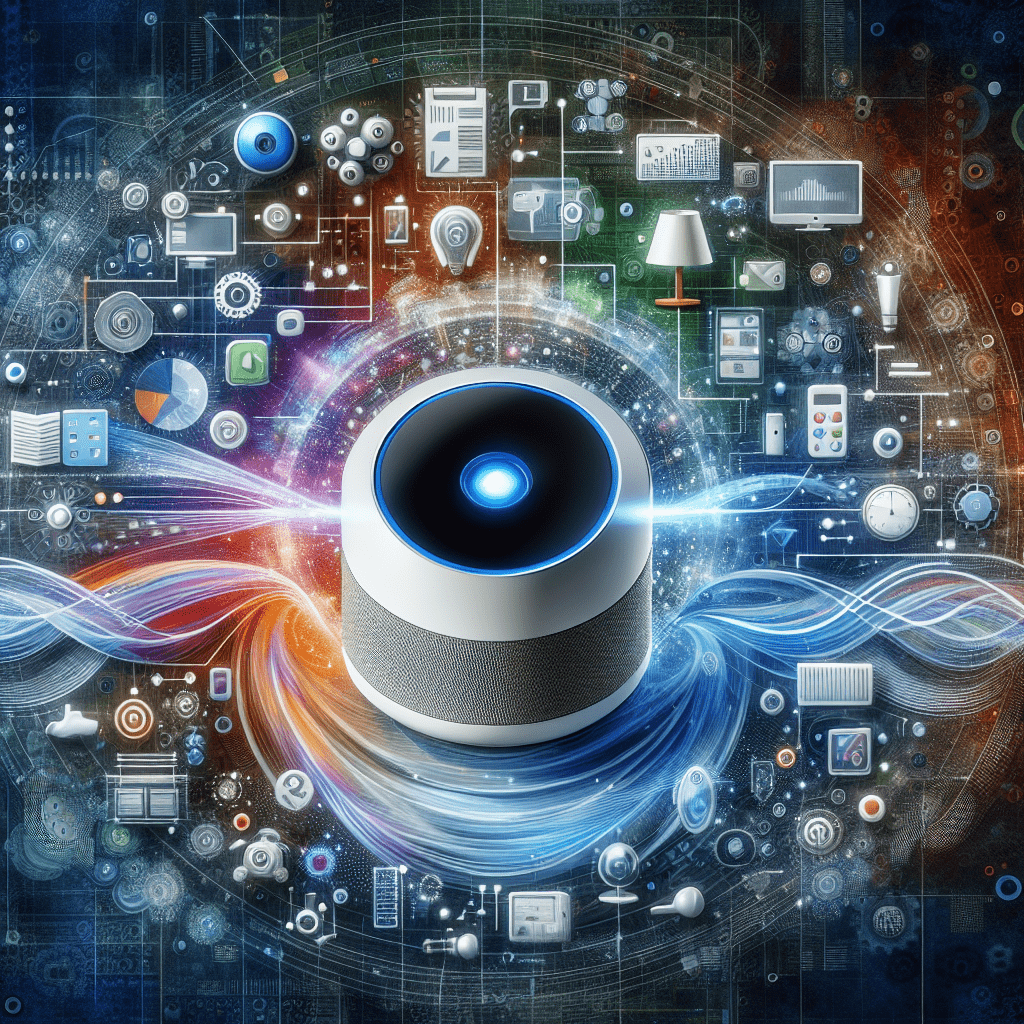In recent years, there has been a dramatic rise in the popularity of AI home assistants. These devices, powered by artificial intelligence, have become increasingly integrated into our daily lives, helping us with tasks ranging from setting reminders to controlling smart home devices. In this article, we will explore the rise of AI home assistants, how they work, their benefits, and potential drawbacks.
What is an AI Home Assistant?
An AI home assistant is a virtual assistant powered by artificial intelligence that can perform various tasks and provide information or assistance to users. These devices often come in the form of smart speakers, such as Amazon Echo or Google Home, and are equipped with microphones, speakers, and connectivity features to interact with users through voice commands.
How do AI Home Assistants Work?
AI home assistants utilize natural language processing (NLP) and machine learning algorithms to understand and respond to user commands. When a user issues a voice command, the device captures the audio, processes it in real-time, and retrieves relevant information or performs the requested task. These devices continuously learn and improve their responses based on user interactions and feedback.
Benefits of AI Home Assistants
There are numerous benefits to using AI home assistants in your daily life. Some of the key advantages include:
- Convenience: AI home assistants can help streamline tasks and provide information quickly and efficiently.
- Hands-free operation: Users can interact with these devices using voice commands, enabling hands-free operation for various tasks.
- Smart home integration: AI home assistants can control smart home devices, such as lights, thermostats, and security cameras, enhancing home automation capabilities.
- Personalization: These devices can learn user preferences over time and provide personalized recommendations or responses.
Drawbacks of AI Home Assistants
While AI home assistants offer many benefits, there are also some potential drawbacks to consider:
- Privacy concerns: AI home assistants are always listening for voice commands, raising privacy concerns about data collection and storage.
- Security risks: These devices can be vulnerable to hacking or unauthorized access, potentially exposing personal information.
- Reliance on technology: As users become more dependent on AI home assistants, there is a risk of reduced critical thinking or problem-solving skills.
- Compatibility issues: Some AI home assistants may have limited compatibility with certain smart home devices or services, leading to integration challenges.
Conclusion
AI home assistants have become an integral part of modern households, offering convenience, efficiency, and smart home integration. While there are potential drawbacks to consider, the benefits of using these devices often outweigh the risks. As technology continues to evolve, AI home assistants will likely become even more advanced and integrated into various aspects of our daily lives.
FAQs
Q: Are AI home assistants always listening to conversations?
A: AI home assistants are designed to listen for specific wake words or phrases to activate and respond to user commands. They may record snippets of audio for processing but do not continuously listen to or store conversations unless a wake word is detected.
Q: Can AI home assistants be hacked?
A: While AI home assistants can be vulnerable to hacking or unauthorized access, manufacturers continuously update security features to mitigate risks. Users can also enhance device security by enabling two-factor authentication and regularly updating software.
Q: Do AI home assistants store audio recordings?
A: AI home assistants may store audio recordings of user interactions for a limited period to improve performance and personalize responses. Users can review and delete stored recordings through device settings or privacy controls.
TIP:
Ensure your AI home assistant is placed in a central location within your home to maximize voice recognition and responsiveness. Avoid placing the device near noisy appliances or areas with excessive background noise to improve accuracy.
#Rise #Home #Assistants
